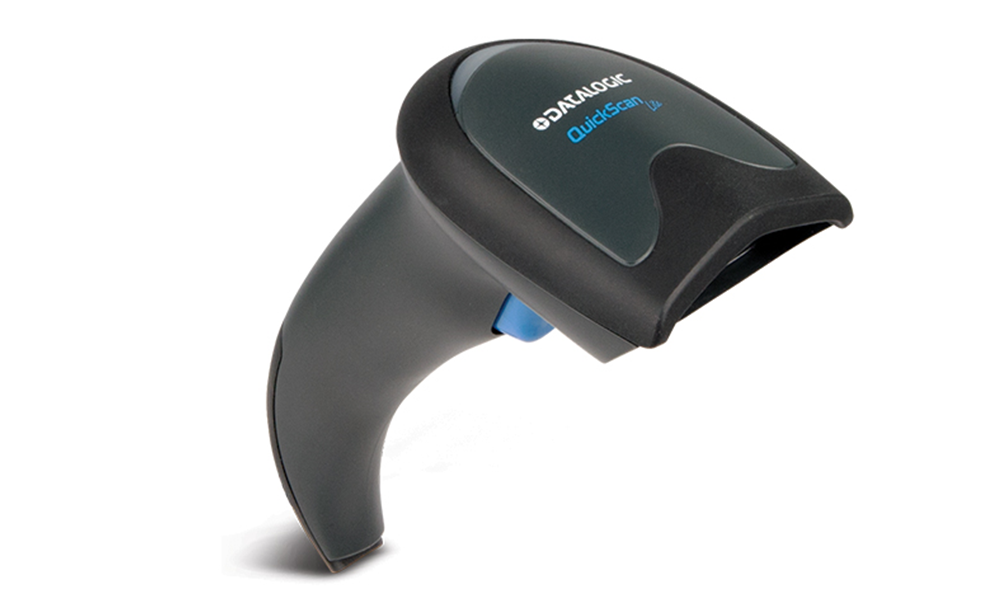
Tips For Selecting The Best Barcode Scanner For Your Business
The barcode scanner is the most important tool for accurate inventory management. It helps to track and store information about a wide range of products from a few items to millions of items.
The use of barcode scanners extends beyond capturing data from barcodes to readable, actionable information.
Benefits Of Barcode Scanner:
- Eliminates the possibility of human error when entering data manually.
- Increases efficiency by allowing employees to complete tasks faster without the need for extensive training.
- It helps the inventory organization with the ability to read real-time data of a particular product or track outgoing shipments and equipment.
- Suitable for use in any industry. Helps vendors work faster in queues at retail stores by accurately scanning product and store inventory information as well as saving important tracking information.
- Cheap and easy to use.
Barcode Scanners Are Useful In Which Industry?
Inventory management with barcode scanners can drive all-channel marketing for retailers of all sizes, both online and offline. The best example of all channel marketing using a barcode scanner is the electronics companies in India that sell their products both online and offline. The barcode scanner is also useful in the healthcare sector for tracking the complex relationships between manufacturers, wholesalers, distributors and healthcare providers. Transportation and logistics companies can easily track their shipments.
The benefits of scanners are no longer limited to these traditional businesses. Barcodes are used to store special events and travel passes, special action mobile phone apps, calorie counters and self-checkout apps. It is now used by PSUs for asset management, allowing them to easily track and audit office resources across multiple branches.
Which Barcode Scanner Is Best For My Business?
Specific industries are catered for by various barcode scanners. Before looking at different types of barcode scanners, consider the following:
It be used for?
How often is it used?
Is there a PC nearby that can connect to it?
Before deciding on a barcode scanner, it is important to understand the three main scan engines used in various barcode scanners.
To scan information, the laser scanner uses lenses, sensors and light. In the early days, it was the only system capable of reading 1D code.
Linear Imager:
These scanners are ideal for high-volume scanning. They can capture information from a distance of 35 cm and are also called CCD scanners.
2D Area Imager:
The most suitable of the three, these scanners can read all kinds of barcodes, including 1D, 2D, composite, stacked and even LCD screens.
Let's take a look at the different types of barcode scanners and how they are used in different industries.
1. 1D Handheld Scanner
1D scanners are a go-to scanner for retailers as they provide simplicity, functionality and automated scanning for quick checkout. For quick scans, these laser scanners are integrated into the system with a handheld design.
Suitable For Businesses:
Pharmacies, clothing stores, small warehouses, offices, banks and retail stores.
2. 2D Handheld Scanner
Handheld scanners are used for items that require scanning of alphanumeric data including images, website addresses and other binary data. These scanners can perform specific actions with knowledge and do not always need to be connected to a database.
Suitable For Businesses:
Healthcare, supermarkets, warehouses, logistics, parts manufacturing units and toll plazas. Its 2D capabilities allow it to be used in movies, events and other settings where phone barcodes can be used for more than just storing information.
3. Hands-Free Scanners
These are heavy-duty scanners that allow for hands-free barcode scanning. This frees up the user's hands for scanning barcodes, enhances efficiency and ensures that customers do not have to wait any longer. These scanners are equipped with area imaging to read barcodes on the fly.
Suitable For Businesses:
supermarkets, retail stores, product lines and laboratories.
Conclusion
A barcode scanner is essential for any business that wants to increase efficiency, improve staffing, reduce manual errors in inventory management, or save money on retail pipelines. With widespread use in PSUs, events and mobile applications, barcode scanners have become an integral part of any data-driven business.
Now that you have decided what type of barcode scanner your business wants, take a look at the wide selection of barcode scanners available on sundata.in.
